Hydromulch trial good to grow in Underwood Park
Textile recycling pioneers BlockTexx are not just breaking new ground in the City of Logan – they’re also helping to improve it.
29 April 2024
Textile recycling pioneers BlockTexx are not just breaking new ground in the City of Logan – they’re also helping to improve it.
The Loganholme-based ‘clean technology’ company is working with Logan City Council to trial a new type of mulch and seed mixture that could increase grass coverage at Underwood Park in Priestdale.
BlockTexx’s hydromulch – a blend of recycled cotton fibres, grass seed and fertiliser – is expected to promote turf growth by increasing nutrient levels in soil and helping to retain moisture.
If successful, the trial could also help create a new avenue for the recycling of cotton-based materials otherwise destined for landfill.
BlockTexx’s innovative textile recycling process chemically separates natural cotton fibres from synthetic polyester in items such as clothing and bedsheets.
The cotton is then reused in products like CellTexx – a cellulose clay that can be added to hydromulch or building materials. The raw polyester can also be reused.
City of Logan Mayor Jon Raven said Council was proud to support innovative local companies such as BlockTexx that are exploring new solutions to combat climate change and reduce waste in landfill.
“BlockTexx has quickly become a leader in the recycling industry, helping cement our city as the place where innovative ideas are born and grow,” Cr Raven said.
“Encouraging local businesses to explore new ideas is a priority for Council, especially when those ideas help reduce waste heading to landfill or create new revenue streams.
“This is the first technology in the world that breaks textiles down so they can be completely recycled – that’s good for our community, good for our economy and good for the environment.
“Our city’s future will be bright if we can encourage more businesses like this one to thrive here. After all, Logan is the perfect location for smart investors.”
BlockTexx co-founder Graham Ross said the company was delighted to work with Council to trial a new product with applications for the environment and local industry.
“Cotton breaks down to cellulose, which contains about 43 per cent embedded carbon and is the building block to plants and animals,” Mr Ross said.
“By combining that cellulose into a hydromulch mix of fertiliser, grass seed and water, we are effectively taking what nature grew in the first place and putting it back into nature.
“(This method) is incredibly important not only for our environment, but also for product development. Recycling is one thing, but resource recovery – that’s the future.”
The hydromulch was applied to a section of ground in the dog-off leash area at Underwood Park in late March.
Another section was reserved for Council’s regular turf growth procedure, so results could be compared.
Almost four weeks later, a thick layer of grass now covers the hydromulch site which looks considerably healthier than the comparison grass patch.
BlockTexx scientists have also recorded higher levels of moisture retention in their patch.
Final results from the trial are expected in late May.
